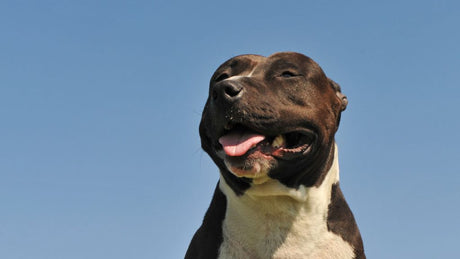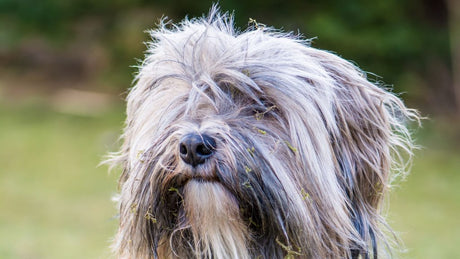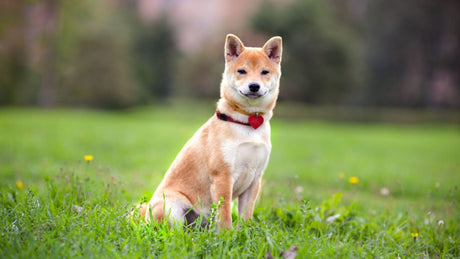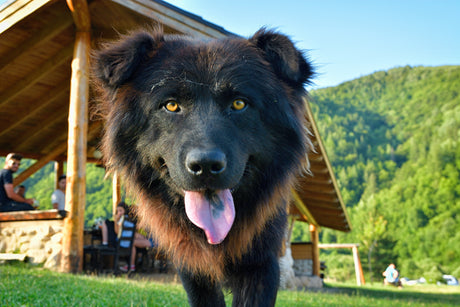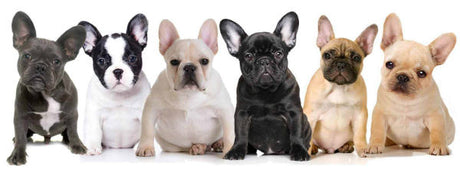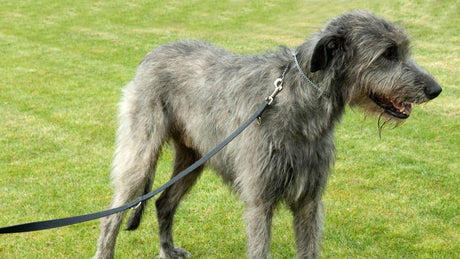Dogs are the animals that have the greatest presence in our homes as companion pets. They outnumber cats, birds and other animals that also tend to be companions of children, adolescents, adults and the elderly. The fame of dogs far exceeds that of cats in terms of their behavior and empathy with their owners, making them feel reciprocity in the communication they establish, either with their owner or with the person who feeds them, pays attention to them, He plays with them and takes them for walks. But there is a long list of professions that these furry dogs can perform throughout their lives and that, many times, depending on the breed, they are used to do specific jobs .

Understanding the concept of profession as that activity that a person usually performs and for which they have been prepared, the license to train a dog to perform some professions can then be allowed. Some of these professions can be the detection of explosives, drugs or other prohibited substances, saving lives and even detecting diseases due to the acuity and development of their sense of smell, which makes them more precise in their searches and reliable when it comes to guiding others. his companions towards a scene or a place where there are victims. In addition, they can serve as guides, as company and even for fun in the middle of the snow while pulling the sleds in which tourists ride, a profession that is undoubtedly enjoyed by both people and the dogs themselves.
Professions that some dogs practice
Sheepdog, an old and highly esteemed profession
Since the end of the 19th century, the task of herding , which is nothing more than taking livestock from one place to another so that it can eat, drink water or stay in a certain place, has been given to dogs, specifically the German Shepherd. , a breed that has best developed this profession due to its energy, agility, intelligence, loyalty and easy training, since it is a very obedient, attentive and noble dog.
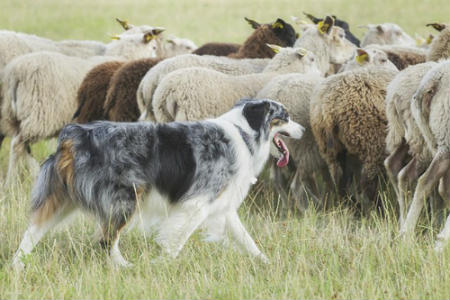
But it not only grazes cattle, but also the sheep can have an animal with a lot of vigor to be led to the farms to feed in the fields. Currently, one of the most efficient in the work of sheepdog is the Italian Shepherd, due to its dynamism and its strong instinct for companionship in the family, especially if there are children.
Official dog professions
Tracking and rescue dogs
These dogs can be of any breed, since everything will be based on the training that is given so that they can perform this type of professions. The rescue dog is trained and able to search and find people who are buried under debris, snow avalanches or mud and even to locate people who are lost and disoriented in open fields or forests.
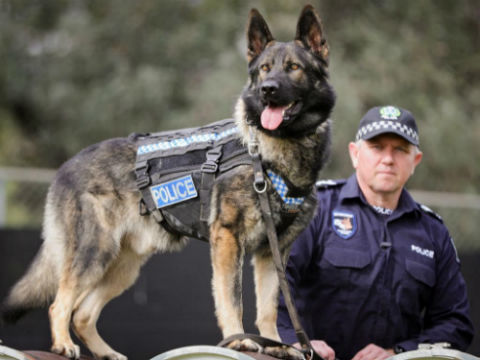
police dogs
These are
trained to work in the security forces . They are used to protect officers and chase, attack and detain criminals who seek to escape from the police. These animals, due to their acute sense of smell and hearing, also serve security forces in the detection of dangerous substances, whether drugs or explosives. Generally, these canines practice their profession at airports, to discover the trafficking of illegal substances, counterfeit bills and even hidden people, living or dead.
military dogs
They are also very well weighted because
they help armies in their operations , whether rescue, as detectors, trackers and even as messengers. In this profession, Airedale Terriers are excellent, for their bravery in delivering information, and in general, other breeds of dogs such as
Doberman ,
German Shepherd and
Siberian Husky , which serve military groups for their ability and willingness to retain information. training.
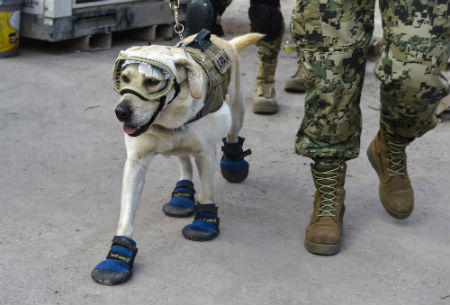
Professions for service dogs
These are
dogs trained to help people with disabilities , and in each country that profession has been recognized so that they have the right to enter places where animals do not commonly enter, such as buses, trains, some stores, cafes or restaurants, etc. There are also dogs with service professions focused on helping humans detect situations that they cannot detect on their own.
Service Dog Tasks
- Guide dogs for the blind, or blind and deaf,
- Dogs that provide mobility assistance
- Those trained to detect seizures
-
Dogs that know how to detect diseases , even cancer, because their sense of smell is super fine and because there are diseases that have peculiar smells that only dogs are capable of detecting.
-
Seismological dogs , which along with other animals such as snakes, birds, horses, frogs, etc., are used as sensors to detect earthquakes. These animals are capable of distinguishing the variations that occur in the depths of the Earth, such as changes in energy (electrical, magnetic) or changes in sounds, among others.
A special mention deserves
therapy dogs , which play a fundamental role in hospitals and nursing homes, and among which the
Labrador has been selected for being friendly, sociable and obedient; to the
Golden Retriever , for its sensitivity in capturing people's moods; and the
Poodle , for its intelligence, beauty and friendliness, in addition to having an obedient and calm character.
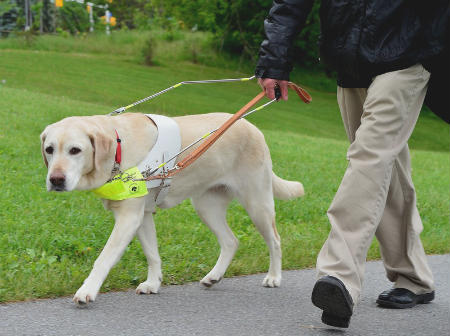
According to veterinarians specializing in dog breeds, not all dogs can be therapy dogs, since the first condition is that they must have a peaceful, predictable character to be able to work with them and that they adapt to these specific trainings. In the case of children with autism, therapy with dogs is highly recommended, as they help work on social anxiety or self-esteem, and a close emotional bond is generated, while improving the child's mood.
The best dog breeds for therapy with autistic children
-
Staffordshire bull terrier : for their docility, enthusiasm and good character, in addition to being loyal, affectionate and obedient.
- The Newfoundland , Golden Retriever and Labrador Retriever : for their characteristics of good character, sensitivity, intelligence and versatility.
There are also
emotional support dogs , which help to cope with or control emotional problems such as depression, anxiety or fears, even when flying by plane, which is why most airlines accept pets as companions for passengers with special emotional conditions.
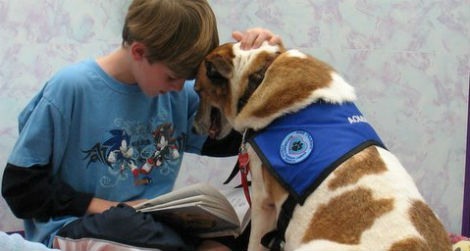
In some countries, emotional support animals are recognized and can be certified, so that people can live anywhere even if there are restrictions on pets in those places. Learn more about our best friends in these posts:








